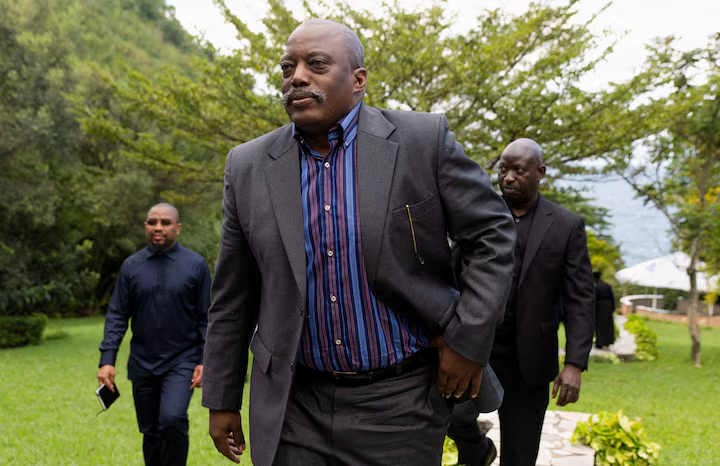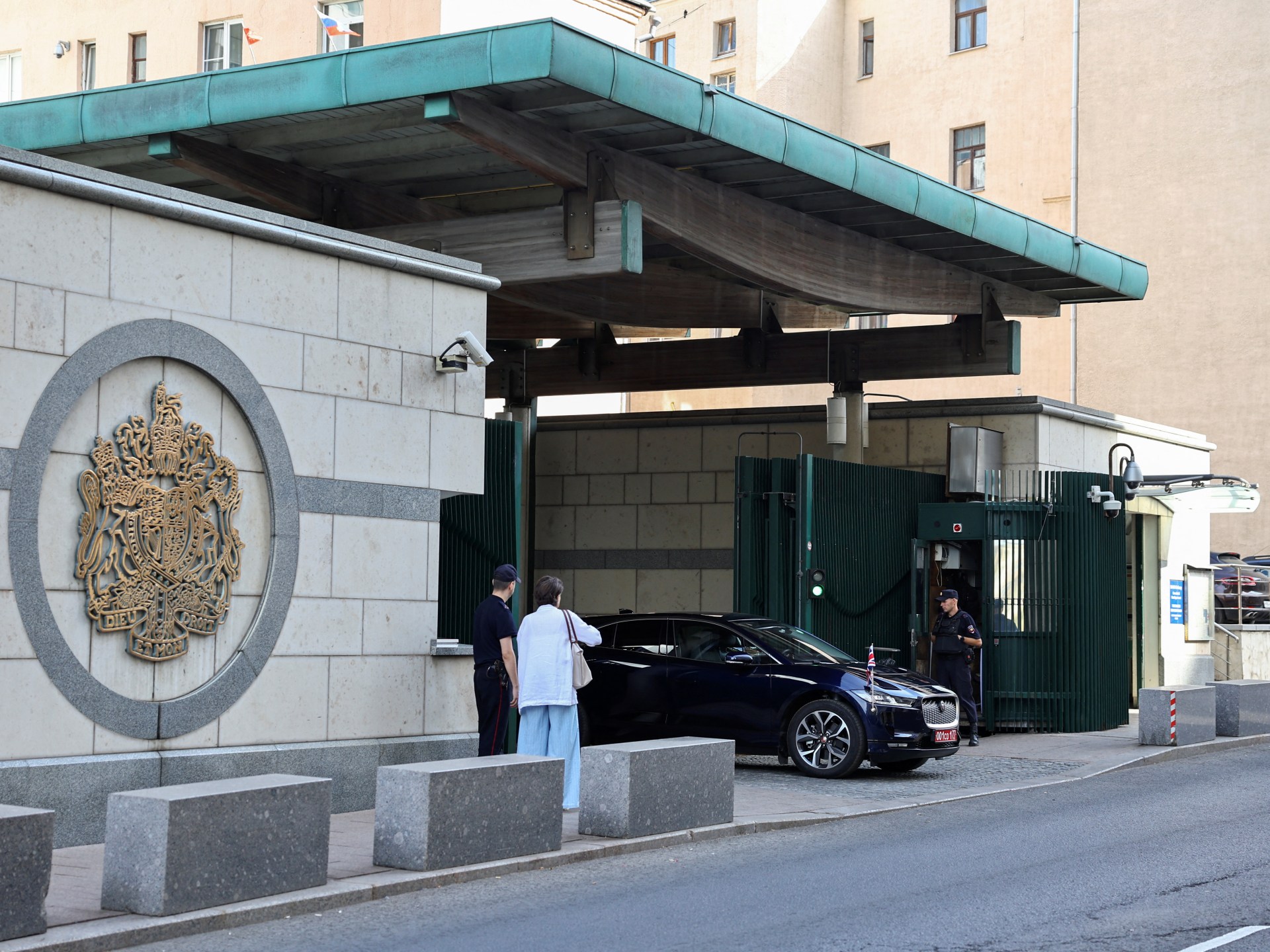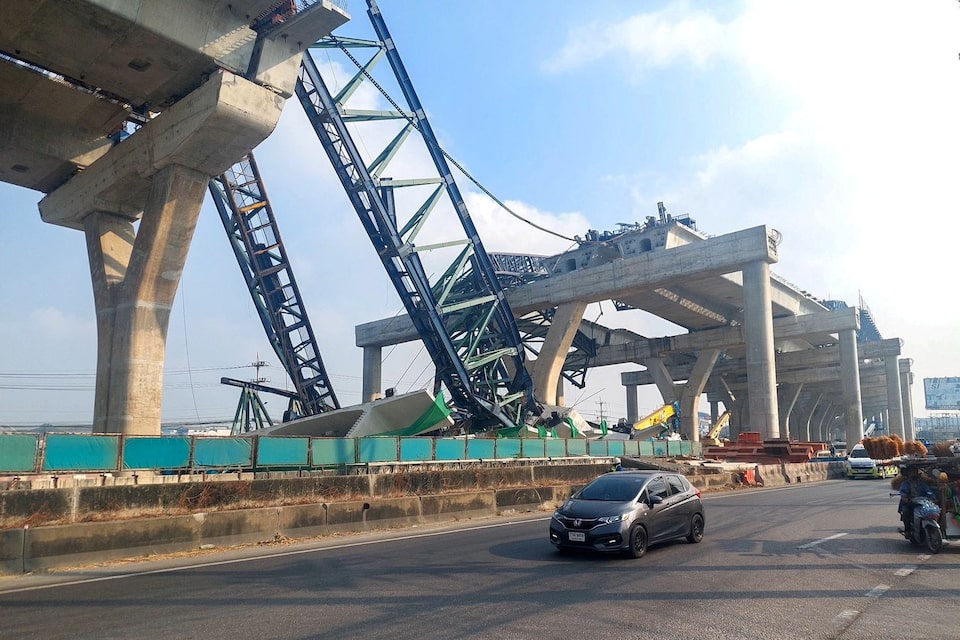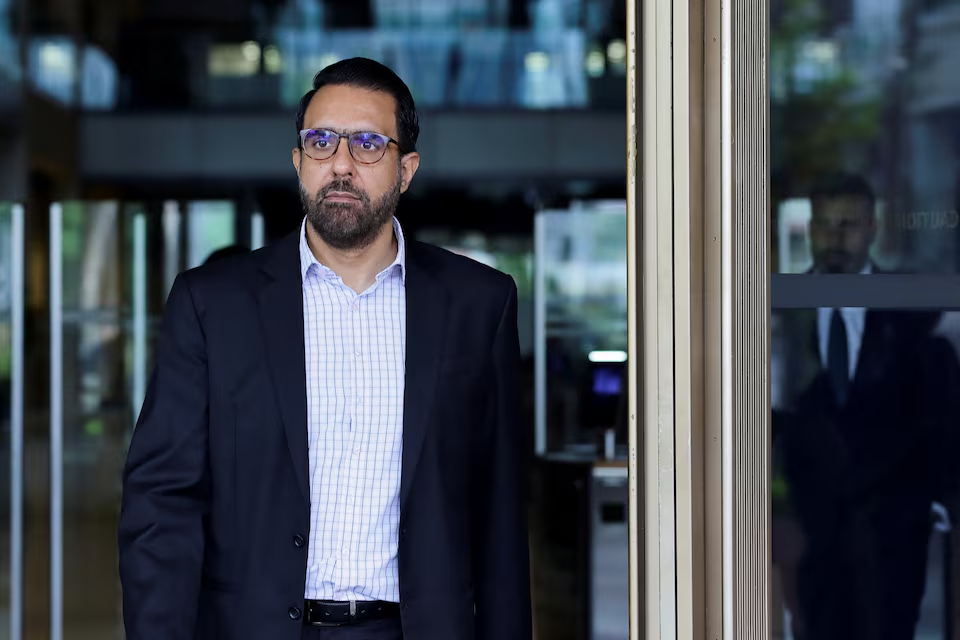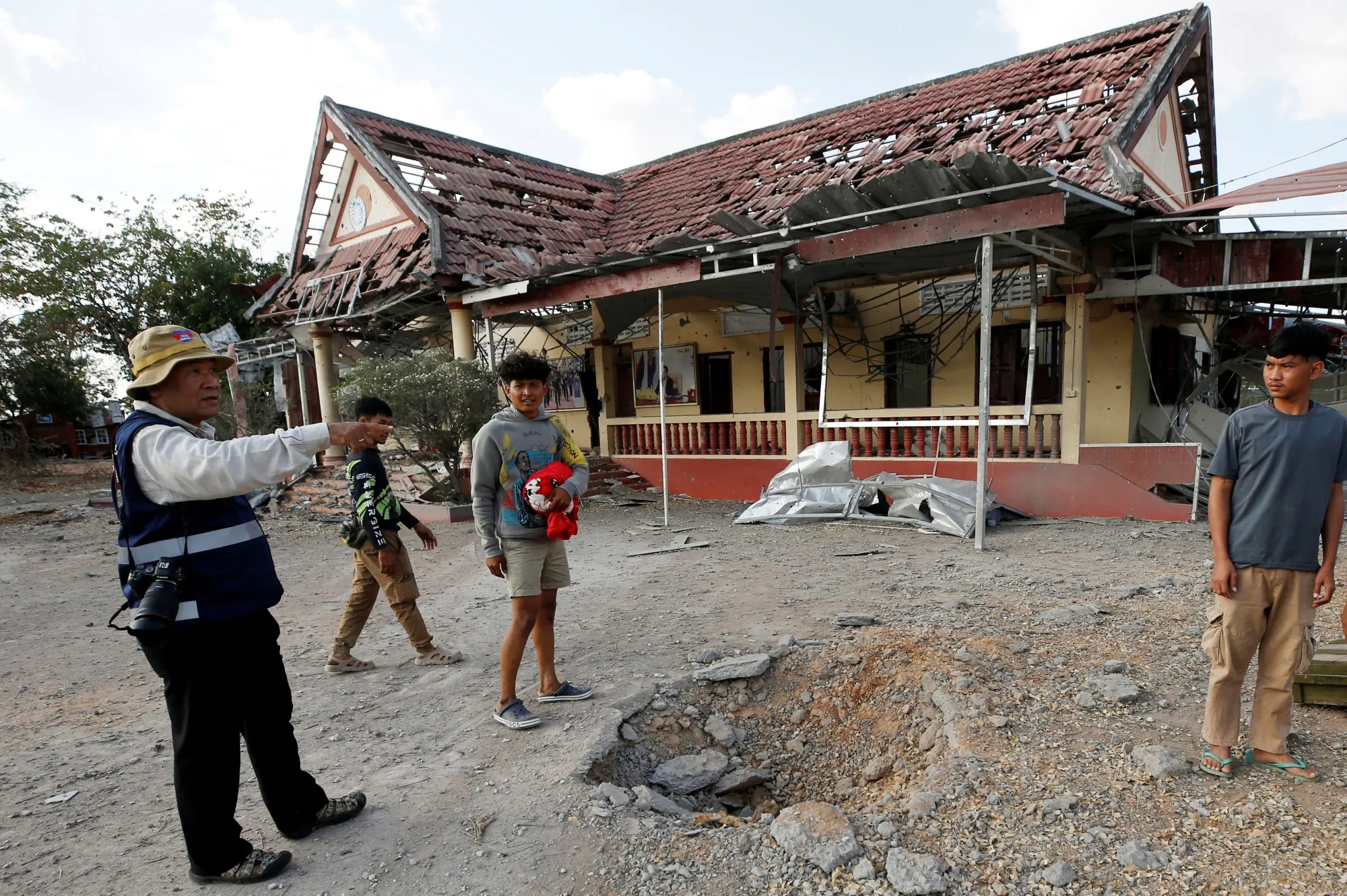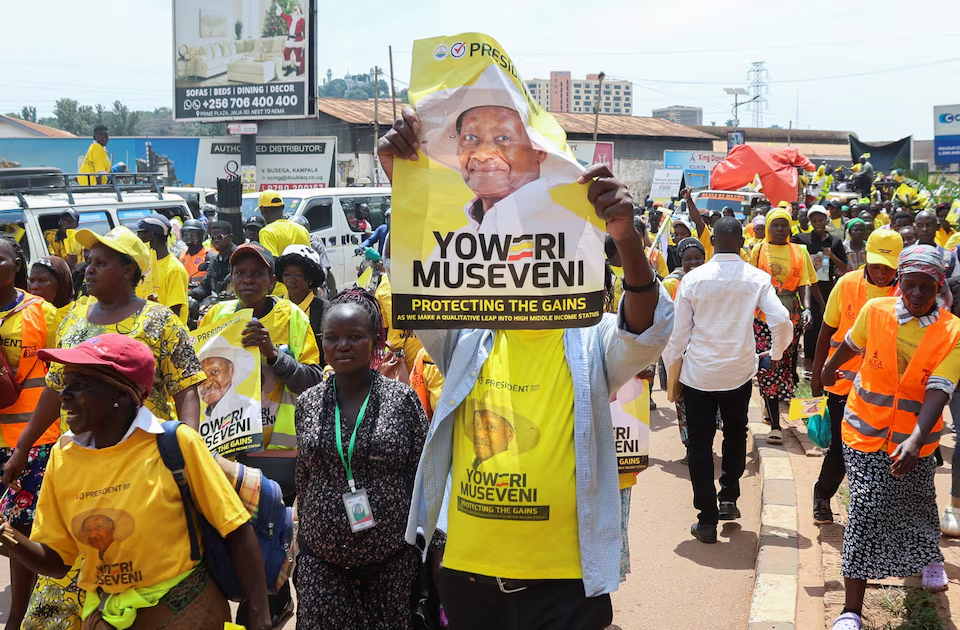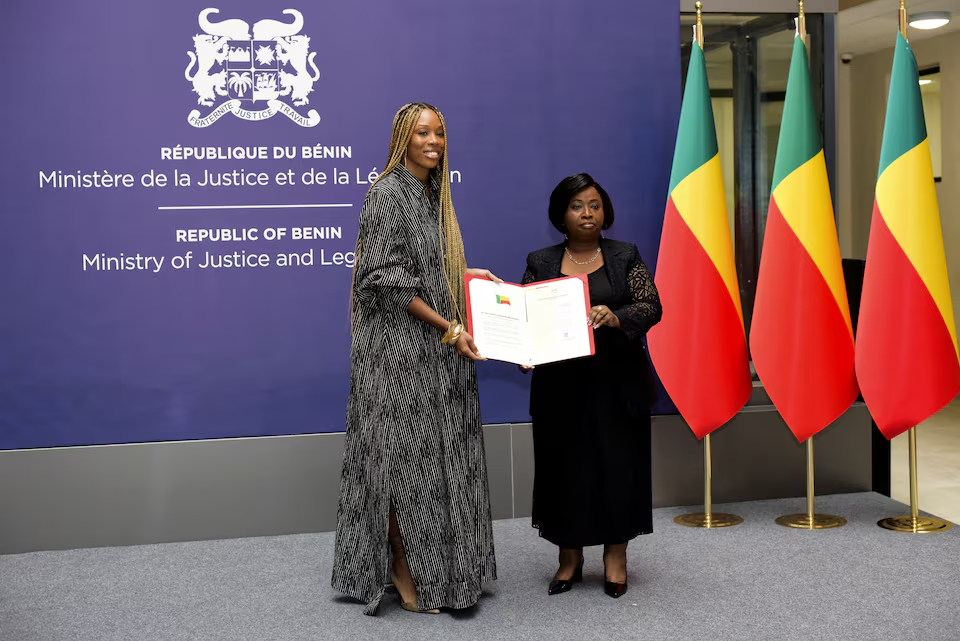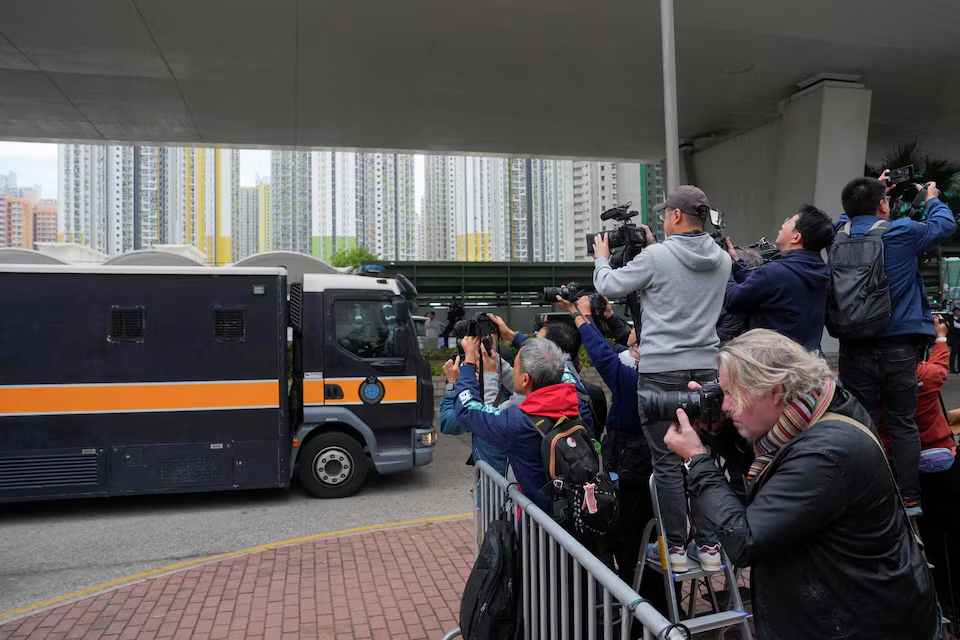A military tribunal in the Democratic Republic of Congo on Tuesday handed a death sentence in absentia to former President Joseph Kabila, finding him guilty of a series of grave offences, including war crimes and crimes against humanity.
Presiding officer Lieutenant-General Joseph Mutombo Katalayi detailed the convictions, which spanned treason, murder, sexual assault, torture, insurrection, and other acts of violence allegedly committed during Kabila’s nearly two-decade rule. The ruling marks a dramatic turn for a leader who once wielded near-absolute power over Africa’s second-largest country.
Kabila, who reluctantly stepped down amid mass protests in late 2023, has been living mostly in South Africa since leaving office. He made a rare appearance in Goma, in eastern Congo’s rebel-held territory, in May, a move that fuelled speculation about his continued political ambitions.
The sentence underscores the military court’s determination to hold former leaders accountable for alleged abuses during a period in which tens of thousands of Congolese were caught in waves of political unrest and armed conflict. Human rights observers have long documented systemic violations during Kabila’s presidency, ranging from unlawful detentions to large-scale assaults on civilians in conflict zones.
While the ruling is legally binding in the Democratic Republic of Congo, enforcement faces immediate challenges, as Kabila remains outside the country’s jurisdiction. Analysts note that the decision may further complicate regional politics, particularly relations between Kinshasa and Pretoria, where Kabila has primarily resided since stepping down.
Tuesday’s verdict also raises questions about the use of military tribunals for high-profile political figures, and whether the sentence signals a broader crackdown on former elites perceived as threats to stability.
Kabila’s case now joins a growing list of African leaders facing legal reckoning after leaving office, illustrating a continent-wide tension between impunity and accountability, and highlighting the enduring legacies of leaders whose rule left deep social and political scars.

